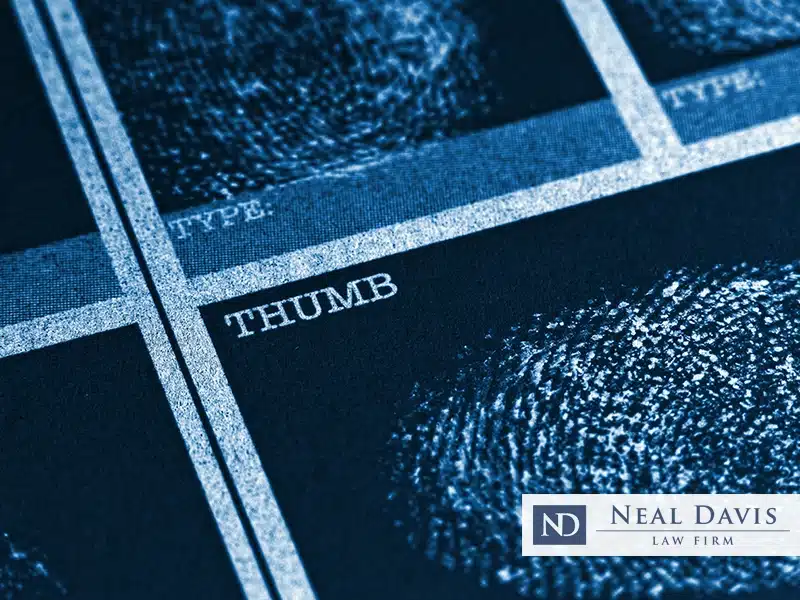
You may be wondering if teens can be charged, tried and convicted as adults in Texas. The answer is yes, they can.
Take the recent case of a 16-year-old boy who was accused of raping his therapist at a west Harris County juvenile facility in July of 2021.
According to a news report by KTRK, the boy, though a minor, will be certified as an adult to face 2 charges: aggravated sexual assault and assaulting a peace officer. The alleged crimes occurred at the Harris County Leadership Academy in Katy.
These are serious crimes under Texas assault laws. A teenager who is tried for such crimes as an adult in the adult criminal court system can face far more severe punishments than if the case was handled in the juvenile court system.
Assaulting a peace officer who is engaged in the performance of official duties is a 3rd-degree felony in Texas. Punishments can include a prison sentence of 2 to 10 years and a fine of up to $10,000.
Aggravated sexual assault is a 1st-degree felony in Texas. Punishments can include from 5 years to life in prison.
However, a minor in the adult criminal court system cannot face the extreme punishments of life in prison without a chance of parole or the death penalty when those punishments might apply to an adult.
What constitutional rights do criminal defendants have? How are these rights incorporated on a state and federal level?
Attorney Neal Davis explains.
Juvenile court or adult court?
Now you may wonder about the difference between juvenile court and adult court and why some juvenile violent crimes are handled in the adult court system.
First, you should know that children under 10 years old cannot be prosecuted in Texas since they’re considered too young to have had any criminal intent. But youths who are 10 to 17 years old can face both misdemeanor and felony charges.
The question then becomes: Is their case handled in juvenile court or adult court?
First, a teen in Texas who is 17 years old is automatically sent to the adult court system when facing a misdemeanor or a felony charge. Texas is 1 of just 3 states to do this, treating anyone who is 17 or older as an adult when it comes to a crime.
As for minors who are 10 to 16 years old, they are considered juveniles, and their case is typically handled in juvenile court. There, the outcome is likely to be geared toward rehabilitation rather than punishment, with offenders being sent to a juvenile detention facility—either a local facility or one run by the Texas Juvenile Justice Department.
Such cases can involve delinquent conduct, which means the crime would be punishable by jail or prison time if committed by an adult, or they can involve conduct exhibiting a need for supervision, which means the crime would be punishable by a fine if committed by an adult, but for a child, a probationary period may be in order.
But that’s not always the case. Some children who first go to juvenile court may be certified as an adult and then transferred to an adult criminal court.
This occurs when a juvenile court waives its right to have exclusive jurisdiction over a juvenile case and instead transfers a child to an adult criminal court for prosecution. The process of certification happens during a transfer hearing, which often is spurred when a crime is especially serious.
At what age can a child be tried as an adult?
As for the age at which a child can be transferred to adult court to be tried as an adult, in Texas, that is customarily 15 to 16 years old, though there is an exception for 14-year-olds. A 14-year-old who’s accused of a serious felony in Texas can also be certified as an adult when facing a criminal charge.
Known as a judicial waiver, that decision is contingent on there being probable cause to believe the child committed the offense, as well as the offense being a violent crime for which rehabilitation would be considered inadequate.
Again, a 17-year-old automatically faces criminal court in Texas. And children 14 and younger normally face the juvenile court system.
Eight steps in a criminal case—from arrest to sentencing to appeal—so you know what to expect.
Once an adult, always an adult
Keep in mind that the rules regarding age apply to the age of the child at the time the alleged crime was committed, not at the later time during which the case is heard in court.
Also, once a child has been sent to an adult criminal court, any subsequent offense automatically will return them to the adult justice system rather than the juvenile system, unless they were acquitted of the original charge, it was dismissed, or a conviction was reversed upon appeal.
In other words, in most criminal cases which place juveniles in the adult justice system, the view is “once an adult, always an adult” for repeat offenders.
Also, keep in mind that a minor who’s convicted in adult court acquires an adult criminal record—not a good thing to have when applying for a job. And though some convictions in the juvenile system can be expunged (removed from their record) or sealed, that is far more difficult to achieve when the conviction comes in an adult criminal court.
Understand the long-term consequences of a conviction in Texas…
Get an experienced defense lawyer for a juvenile case
As you can see, it’s vital to engage a skilled, knowledgeable and experienced criminal defense lawyer to handle the criminal case of a juvenile or a 17-year-old who faces a criminal charge. Parents can contact the award-winning Neal Davis Law Firm today to arrange a private consultation for their child’s case.
Not every young person facing a criminal charge deserves a criminal conviction leading to detention or jail time. We can fight for your child’s legal rights.




